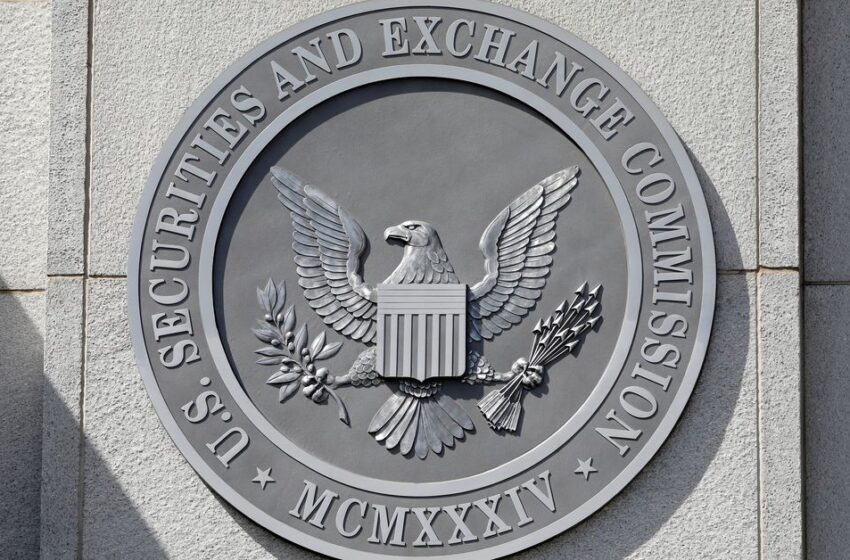
Kavan Choksi- The SEC Proposes New Regulations On SPACs in The USA
In March 2022, the US Securities and Exchange Commission (SEC) proposed new regulations over the control of exceptional purpose acquisition companies or SPACs in the nation. These proposed recent amendments and rules would need, with other things, more disclosures about the sponsors of the SPAC, the sources of dilution, and conflicts of interest.
Kavan Choksi– business and finance expert speaks on the subject of SPACs
Leading investor, business management, and wealth consultant Kavan Choksi observe if these new rules are adopted, additional disclosures about the business transactions between private operating companies and the SPAC need to be made to justify the fairness of the transaction. These new rules will address projections by the SPAC and their targeted organizations with the inclusion of the Private Securities Litigation Reform Act or the PSLRA, the use of forecasts in the filings for the SEC, safe harbor for presenting forward-looking statements, and the transactions made in the business combination.
What are the objectives of the new Act pertaining to SPACs?
The objective of these new rules is to scrutinize the mandatory financial statements of private companies in transactions with shell companies with those needed in the words of registration for an IPO or initial public offering.
The above proposal also entails a new rule that addresses the status of the SPACs under the law by the Investment Company Act of 1940. Under the new proposed control, the SPAcs should meet specific conditions that restrict their duration, composition of assets, the purpose of their business and its activities if they avoid registration under the above Act.
Understanding a SPAC and the role that it plays in an IPO
A particular purpose acquisition company refers to any company that does not have commercial operations. It is created only to raise capital for an IPO or for the task of merging or acquiring an already existing company.
Who forms a SPAC?
Sponsors or investors generally establish sPACs with expertise in a specific industry or a business sector. They pursue transactions in that field, and the founders of the SPAC might have a target for acquisition in their mind; however, they do not identify the target to avoid any disclosures during the process of the IPO.
What happens if the SPAC is liquidated?
The money that these SPACs raise for an IPO is placed in a trust account that bears interest and cannot be spent except for completing an acquisition. If the purchase does not take place, the trust returns the money back to the investors in the event of liquidation of the SPAC.
SPACs are also called blank check companies, and they have been around for decades. However, business expert Kavan Choksi states their popularity has soared in the last few years. For instance, in 2020, there were 247 SPACs formed with an investment of $80 million. Again, in 2021, there was a high record of 613 exceptional purpose acquisition companies for IPOs. If you conduct a comparative analysis, there were only 59 such companies that entered the market in 2019.







![[pii_pn_db8b3567be830b8c] Error Code](https://esolutionhow.com/wp-content/uploads/2023/04/Pii-Errors-pii_email_-4-350x230.png)
![[pii_pn_bb456fe8f133f213] Error Code](https://esolutionhow.com/wp-content/uploads/2022/12/Outlook-Error-Code-pii_email_1a85c09ee7a236c446b6-How-To-Fix-it-350x230.jpg)
![[pii_pn_8a68e8c174733080624b] Fix Outlook Error Code](https://esolutionhow.com/wp-content/uploads/2023/04/Pii-Errors-pii_email_-7-350x230.png)